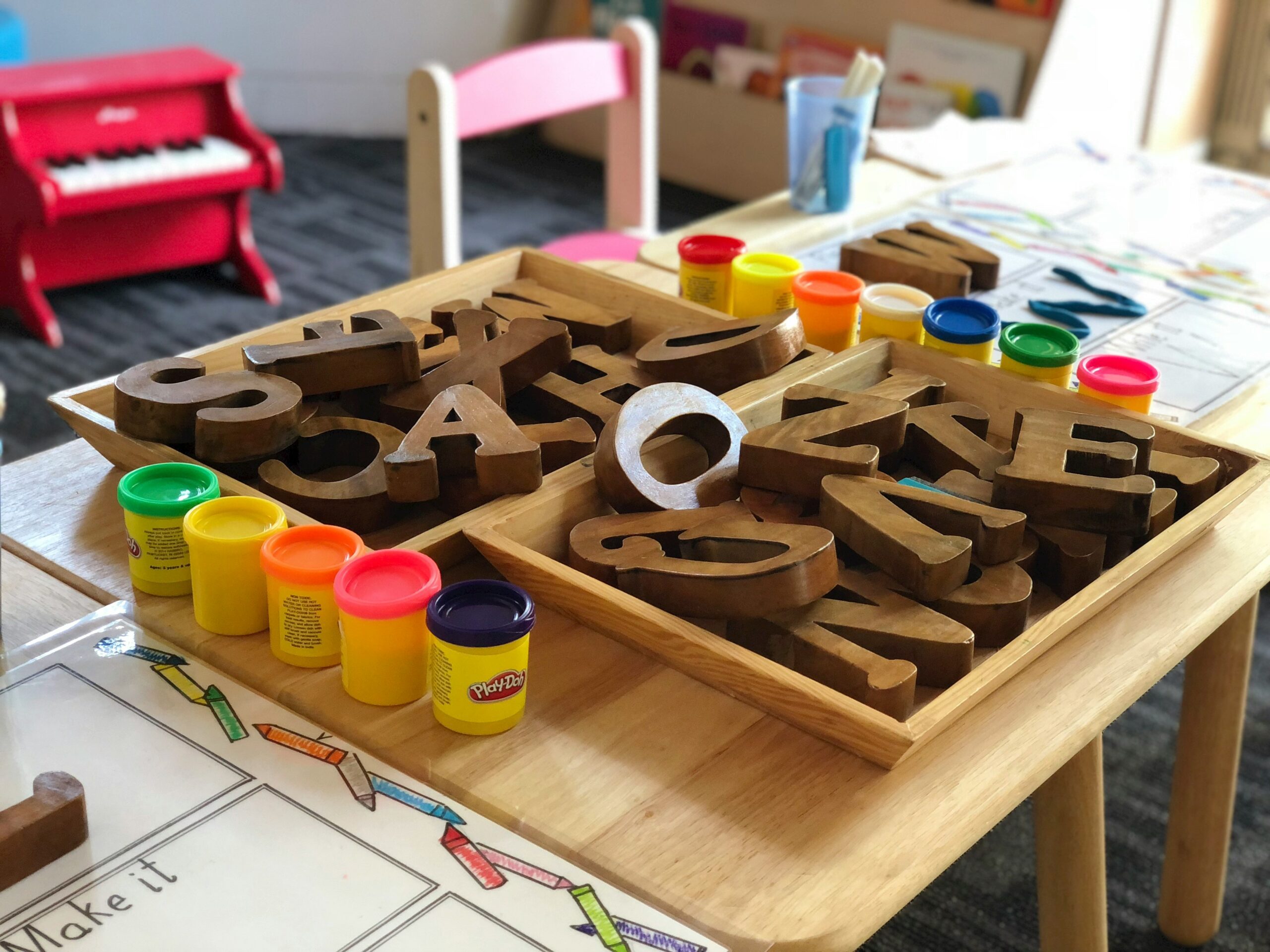
Are you looking for help moving abroad? Speak with an international relocation specialist by reaching out to [email protected].
Relocating to a new country should be really exciting, but it often becomes a negative experience. If moving down the street in your home town is stressful, moving internationally is 10 times more so. There is so much to learn, you don’t know the rules, you don’t speak the language, you don’t know what information is accurate, it feels like there are 100 balls in the air you’ve got to juggle, and you’re worried about getting ripped off.
I’ve relocated internationally six times. Even though I know the challenges I’ll face, it never seems to get easier. I have learned techniques to better manage myself during the process. At this point in my life, I would rather spend a little bit to have someone take all of the stress and dirty work out of the move for me.
Beyond working with an expert, the thing I’ve found to be most helpful is to start by focusing on the essentials. I do this by sitting down and creating a comprehensive list of the most important questions I need to answer before moving.
It can be hard to know what the essentials are. We have helped over 100 people move abroad. Between my personal and professional experiences, I’ve come up with the 8 questions you need to answer before moving abroad.
8 Questions You Need to Answer Before Moving Abroad
1. Have you spent time in the country and town you will move to before?
The biggest mistake I’ve seen people make is to decide to move to a country – or worse, buy property – before ever visiting the country they plan on moving to. Even if you have been somewhere for a seven-day vacation, the reality of living somewhere will be very different than what you’re dreaming of.
Sure, everyone wants to live out their dream of waking up every day on a beautiful beach. But what you don’t think about are things like: is the temperature at the beach actually conducive to the lifestyle I want? What is it like navigating the bureaucracy of the country I’m moving to? Will I find a fulfilling community? Can I get the healthcare and medications I need? Over and over again we see people move to a new country based on a dream, only to see them leave disillusioned six months later.
What to do about it:
I recommend trying to spend at least one month cumulatively – and ideally more – in a country before deciding to move there. Check out a number of different towns, and try to take off the vacation glasses while doing so. Consider taking an exploratory trip or two to the town, join expat Facebook groups, try to speak with people who are living in the town you are thinking of moving to, before pulling the trigger. Nowhere is perfect, but you can absolutely create a fulfilling life for yourself abroad if you fully understand the life you are signing up for before moving.
2. Do you need income, and if yes, do you know how you will get/make money?
You’ve got to live on something, right? If you’re retired, have a pension, and know how you’re going to make ends meet, then you can pretty easily answer “Yes” to this question.
If you still need to earn income, this question can become tricky. In many countries you might move to, you can continue to earn income in your home country via remote, online work. If that is not an option, you might be out of luck.
In an effort to protect local jobs, many countries restrict work permits. In Costa Rica for example, you will not be able to work locally until you become a permanent resident. For most expats that is a 3 year process. If you’re planning to move and need to make a living, you’ll need to find alternatives to in-country employment over that period. If you have a rare and valuable skill set, you may be able to get an employer to sponsor your work permit.
3. Have you created a realistic budget?
The internet is chock full of articles proclaiming things like, “Live in Costa Rica for $1000 a Month,” or “Find the Ideal Expat Lifestyle in Portugal for $1200 a month.” In fact, the most common question we get at StartAbroad is about cost of living.
The truth is, you likely can live in Costa Rica for $1000 a month, but not with the lifestyle that you’re dreaming of. Many countries that are popular with expats have increased in prices significantly over the past few years. In general, the price of labor in these countries remains quite cheap, while things like rent, food, and transportation have become quite expensive, with prices sometimes on par with mid-range US cities.
Your cost of living will vary significantly depending on some key choices. These include: where in the country you’ll live, what type of housing you’re looking for, and your general lifestyle.
For example, if you choose to live in a popular expat beach town in Costa Rica, live in a condo with US-style amenities, and eat out several times a week, you could reasonably expect to spend $4000 per month. At the same time, you could choose to live in a rural community, in a modest home with fewer US-style amenities, and eat local fresh food, and get by with something closer to $1500.
What to do about it:
When you’re creating your monthly budget, think carefully about what are your nice-to-haves va. your need-to-haves. Once you’ve got that list, be honest about prices in the area you’ve chosen when you sit down to create your budget.
4. What is your plan regarding residency or citizenship?
With the rise of US and Canadian citizens moving abroad, the number of residency and citizenship options in foreign countries has never been higher. That is a blessing but can also be very intimidating to understand all of the options. This is compounded by the fact that some countries have options that technically exist – like Portugal’s “Culture Investment” Golden Visa pathway, or Costa Rica’s duty-free vehicle importation clause – but that are out of reach in practical terms.
The good news is that US and Canadian citizens are eligible to enter many countries for free, and spend 30-90 days on “tourist visas.” That grace period gives aspiring expats time to figure out if they do want to make a more permanent move, and then get the application process started.
Another bit of good news is that more and more countries are rolling out Digital Nomad visas. Generally these require that applicants show a certain level of monthly income. These are often valid for a shorter period – think 6 to 12 months – than other temporary residency routes, but they are generally cheaper and easier to get.
What to do about it:
Start by thinking about your goal. Are you permanently re-settling? Are you moving for the long-term, but want to maintain flexibility? Is your priority to secure a second citizenship? Or is it most important to invest in property?
Understanding your goal is a requisite first step towards answering this question. Securing a good immigration attorney will then help you align your goal, and your situation, with your visa options. Make sure you understand the requirements of a residency route before you sign-up as there could be stipulations that don’t jibe with your plans. For instance, if you apply for Spain’s Golden Visa, you’ll need to spend at least six months every year in Spain.
5. Do you understand how to meet your medical needs?
Answering this question will look very different depending on your medical needs. If you’re a younger, healthy person with relatively few medical needs, get a good international insurance plan, understand where the hospital is and how to get in touch with emergency services, and you’re on your way.
If you have specific medical needs, if you have social security in the U.S., or if you anticipate utilizing medical services frequently, things could look very different.
You’ll need to spend time understanding the medical landscape at the national and local levels. You’ll want to learn things like: how U.S., private national, and public national insurances overlap; how to get all the medications you need; emergency contact numbers, and how quickly you can expect them to respond; how to access the specialties you need; and which facilities you should access in emergency situations.
It can be a long and complicated process to effectively answer this question, but it is absolutely essential to do so.
What to do about it:
In my experience, a good place to start is with anything specific to you. If you need certain medications, or specialties, or care, confirm you will have access to those in both your country and town of choice.
Once that is taken care of, move on to medical insurance. Your access to national public health insurances will often be a by-product of your residency status. In general, the quality of care and speed of access will improve if you pair private insurance with public national insurance. We also recommend including emergency flight coverage if you will want to receive specialist care in your home country.
Once you have your insurance figured out, it is often a good idea to find a primary care doctor. You can shortlist doctors in your chosen area, then interview them. Last, create an emergency plan to take the guesswork out of what you should do in case the worst happens.
6. How will you transfer money efficiently?
Transferring money internationally can be expensive. If you move abroad, incurring even small expenses every time you transfer or take out money can become unsustainable.
This is a question you can confidently answer with some planning.
What to do about it:
Learn everything you need to know to answer this question here and here.
7. Do you have a plan in place for minimizing your global tax burden?
The U.S. is one of only two countries in the world that has a citizenship-based taxation system. That means that you are obligated to pay U.S. taxes regardless of where you live in the world. This makes understanding both your U.S. and host-country tax laws and reporting requirements critical.
The good news is that there are a number of options to reduce your global tax burden. Foreign Earned Income Exclusion, Foreign Housing Exclusion or Deductions, and the Foreign Tax Credit, are all ways to keep some of that money in your own pocket. At the same time, not understanding what you need to do for an FBAR or FATCA can end up getting you into hot water.
What to do about it:
What I do personally is work with a U.S. based accountant that specializes in expat taxes AND with a local accountant to manage my local taxes. This does end up costing a pretty penny when tax season rolls around, but by effectively utilizing all of the credits, deductions, and exclusions, and helping me avoid any missteps and incurring big fines, it saves me money in the long run.
8. Do you know where you’ll be staying the first 7 nights after you arrive in the country?
Moving abroad can be a very emotional and stressful process. And even though the day of your arrival is exciting, it can also be overwhelming. No matter how well you’ve planned, the first week or so after you arrive will be hectic. There’s nothing that can provide more comfort than having a safe and comfortable home base during that week.
What to do about it:
Spend a little more than might normally on a place that is going to give you a sense of “home.” Also try to arrange a pick-up from the airport in advance. Ideally you can sort out your phone connectivity before arrival or at the airport as well.
StartAbroad is here to help
Get a free consultation with international move experts at StartAbroad to discuss your situation and learn what’s right for you. StartAbroad provides a comprehensive suite of services to make your move abroad as easy and painless as possible. StartAbroad’s international moving experts have over 20+ years of experience living abroad and helping others get settled. Get a free consultation at www.startabroad.com to discuss your situation and learn what’s right for you. Ask us about our holistic concierge package, and our medical, visa, and tax solutions!
How to Move Abroad
Join Our Mailing List
Receive monthly newsletters, special offers, insider information, and more.
Copyright 2022, StartAbroad LLC, all rights reserved
Download the Schools in Portugal Guide
Get the Portugal Digital Nomad Visa Cheatsheet













